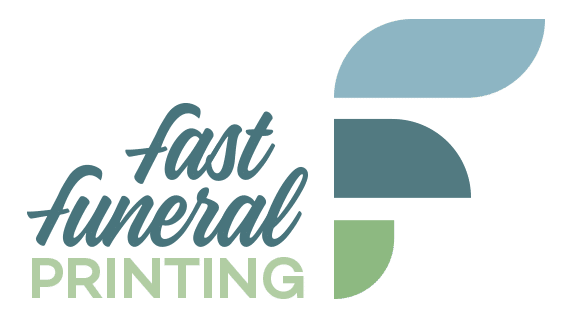Funeral Planning Checklist
We’ve created a post funeral checklist with some things to consider during this process. This is an outline of some of the things most families need to address once all is complete with the funeral and funeral home. We hope you find this post funeral checklist helpful.
1. First, locate and/or obtain any important paperwork that will be needed for settling the estate.
- Documents you may need when creating a post funeral checklist:
- Bank Books
- Birth Certificate
- Birth Certificate for deceased’s children, if applicable.
- Death Certificates (10-15 certified copies) these can be ordered through the funeral home or county courthouse.
- Deed and Titles
- Honorable Discharge Papers, if Deceased was a Veteran
- Insurance Policies (including life insurance as well as health insurance)
- Marriage Certificate, if applicable.
- Stock Certificates
2. If the Deceased lived alone, contact the U.S.P.S. for a change of address form to insure important mail will be received by a responsible party.
3. Determine whether Deceased leased any storage space or a safe deposit box.
To cancel a safety deposit box, take the Funeral Director’s Statement of Death to the financial institution.
4. If the Deceased’s home is now unoccupied, cancel any unnecessary home services.
5. Cancel any prescriptions and dispose of any medications of the Deceased.
6. Contact the Deceased’s attorney or a legal consultant to probate the Deceased’s Last Will and Testament and make arrangements regarding the estate.
7. Review bills and files and notify any known creditors.
8. Contact tax preparer to discuss any pending or unfiled tax returns.
9. File claims with life insurance and annuity companies.
10. Contact the Deceased’s employer.
Some businesses transfer pension or retirement accounts to the surviving spouse.
11. Contact Social Security and any other agency that may be making monthly payments to the Deceased.
The Social Security phone number is 800-772-1213.
12. Locate vehicle and other property titles in preparation for distribution according to the Will.
If the vehicle title is held by the bank, responsibility for paying the remainder of the loan falls to the person inheriting said vehicle.
13. If Deceased’s home was mortgaged, contact the mortgage company to make arrangements.
Any property deeds held by a bank or savings and loan institution must be transferred into the name of the inheritor.
14. Upon the transfer of property and car titles, notify insurance companies to terminate coverage.
15. The Deceased’s driver’s license will need to be canceled through the Department of Motor Vehicles.
16. Notify Deceased’s health insurance provider. If you share a policy with the Deceased you should also review your own insurance needs.
Often, these needs change after the death of a family member or other loved one. Good organization of your own insurance information can aid survivors at the time this information is needed.
17. Obtain a current copy of the Deceased’s credit report and notify each of the credit reporting agencies of the passing.
18. After the funeral, consider sending letters of thanks to the appropriate people, including friends who sent sympathy cards as well as Doctors, nurses, care staff and funeral home.
There may be other things that you might include in your post funeral checklist, but these are some of the most helpful items we were able to compile. This list is not intended to be exhaustive, legally correct, or in the order of what you should do, contact a lawyer to help with a complete, legal execution of what should be done when a loved one passes. Your funeral home may be a good source of information as well, ask your funeral home who they might direct you to. Fastfuneralprinting.com is not liable for any inaccurate information listed above.
